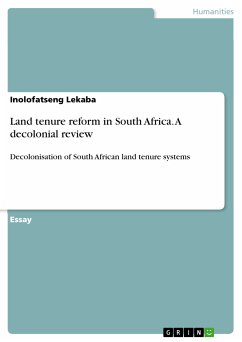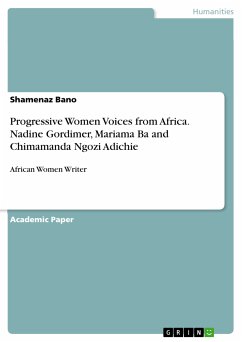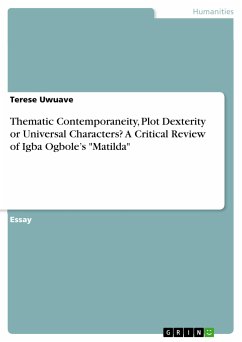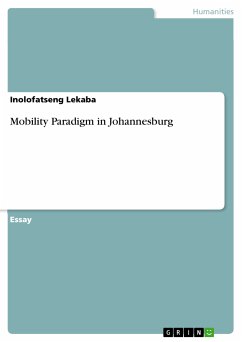Essay from the year 2016 in the subject African Studies - Culture and Applied Geography, grade: 80%, , language: English, abstract: The historical dispossession of 'native' land dates back to the colonial era and was reinforced and exacerbated by the apartheid Natives Land Act of 1913. The enactment of this Act saw the unequitable redistribution of land with black people only being afforded 7% of arable land. More significantly, the Act facilitated the creation of enclaves for the Black majority with the restriction on land ownership and socio-economic mobility (South African History Online, 2013). Hence, the democratic government from the year 1994 was faced with the monumental task of redressing this imbalance in land ownership and ensuring that the previously disadvantaged do not continue to be discriminated against with regards of land tenure in the country. However, land tenure reform for communal land has been marred with disputes pertaining to African tenure systems versus those influenced by colonial structures. In this regard, this paper seeks to highlight the need to decolonise communal land tenure reform for the improved implementation of rural development plans.
Dieser Download kann aus rechtlichen Gründen nur mit Rechnungsadresse in A, B, BG, CY, CZ, D, DK, EW, E, FIN, F, GR, HR, H, IRL, I, LT, L, LR, M, NL, PL, P, R, S, SLO, SK ausgeliefert werden.









